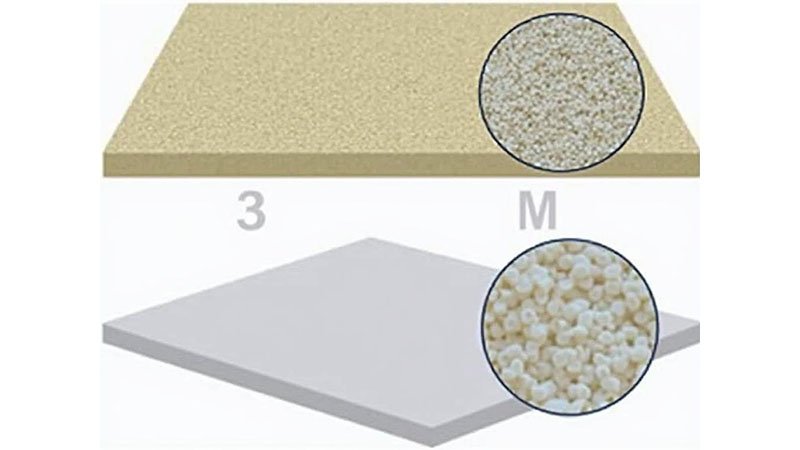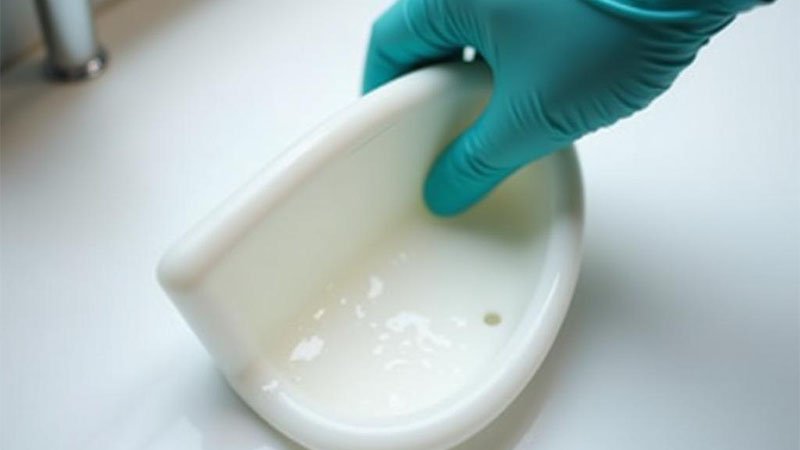Have you ever wondered if silicone is porous? It’s one of those questions that comes up often, especially when you’re looking to use silicone in applications where cleanliness and hygiene are important. Let’s clear this up once and for all.
So, is silicone porous? The answer is no, silicone is not porous. Unlike some other materials, silicone has a non-porous, smooth surface that resists absorption of liquids, bacteria, and mold. Its molecular structure forms tight bonds that prevent anything from seeping in, making it highly hygienic and easy to clean.
Silicone’s non-porous nature is one of the reasons it’s used in so many sensitive applications—like in kitchenware, baby products, and medical devices. Let’s explore why this feature makes silicone stand out.
What Does “Non-Porous” Actually Mean?
When a material is non-porous, it means that it doesn’t have tiny holes or pores that allow air, liquids, or gases to pass through. Silicone’s smooth surface makes it highly resistant to moisture and bacteria build-up. This is crucial in environments where cleanliness is key.
For example, unlike wood or fabric, silicone doesn’t absorb liquids or stains. This is why it’s such a popular choice for kitchen products, like baking mats and utensils.

How Does Silicone’s Structure Prevent Porosity?
Silicone is made up of silicon, oxygen, carbon, and hydrogen. These elements bond in a way that creates a flexible, durable material with a closed molecular structure. This structure prevents particles or moisture from entering the silicone, which is why it remains non-porous.
In contrast, materials like rubber or sponge have open structures that let air and liquids penetrate, leading to potential growth of bacteria or mold. Silicone, on the other hand, stays clean and free from contamination due to its non-porous surface.
Why Is Non-Porous Silicone Important for Safety?
For products used in food, medicine, or baby care, the non-porosity of silicone is a key feature. With no pores to trap dirt or bacteria, silicone prevents harmful microorganisms from growing and contaminating food or products.
Take silicone baby bottles, for instance. The material’s non-porous nature ensures that no harmful substances will leach into the liquid, keeping babies safe from potential toxins found in other materials.
Can Silicone Become Porous Over Time?
No, silicone doesn’t become porous with age or use. Thanks to its robust molecular structure, it retains its non-porous qualities even after years of use. Unlike some materials that break down or degrade, silicone’s integrity remains intact, which is why it’s so durable and long-lasting.
If cared for properly, silicone can maintain its hygienic properties for decades, making it an ideal material for everything from industrial seals to baby products.

How Does Silicone Compare to Other Materials in Terms of Porosity?
When comparing silicone to materials like plastic, rubber, or foam, silicone stands out as the more hygienic choice. Most plastics and rubbers are not entirely non-porous and can harbor bacteria or mold over time, especially in damp conditions.
In contrast, silicone’s smooth, sealed surface keeps it clean and safe for long periods, which is why it’s increasingly chosen over other materials for both everyday consumer products and industrial uses.
Is Silicone Still Safe for Use in Wet Environments?
Yes, absolutely! Silicone’s non-porous nature makes it an ideal material for wet or humid environments. Whether you’re using it in a kitchen, bathroom, or medical setting, silicone remains unaffected by moisture. It resists mold, mildew, and bacterial growth, even in areas that are regularly exposed to water or humidity.
In fact, silicone’s ability to repel moisture is one of the reasons it’s used in high-performance seals, gaskets, and kitchen tools.
Conclusion
So, is silicone porous? No—silicone is non-porous, making it a safe, hygienic, and durable material for a wide range of applications. Whether you’re using silicone for kitchen products, baby gear, or industrial seals, its smooth surface ensures that it remains free from contaminants, moisture, and bacteria.